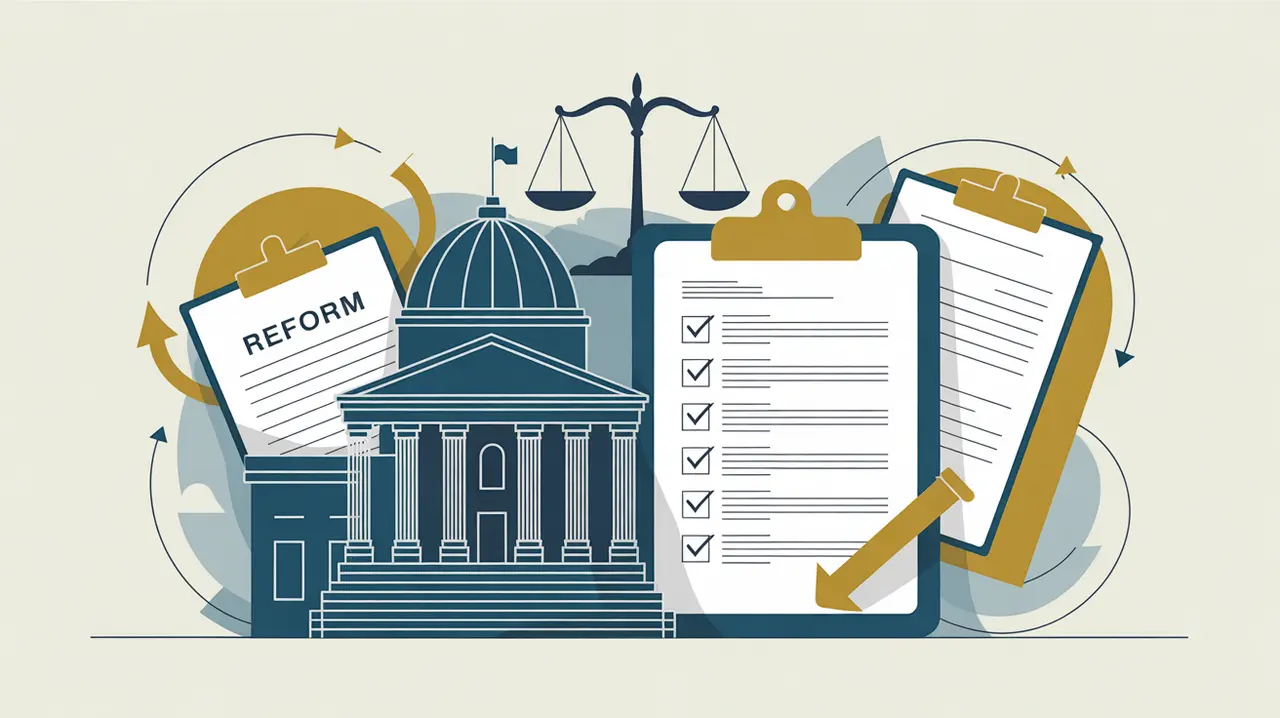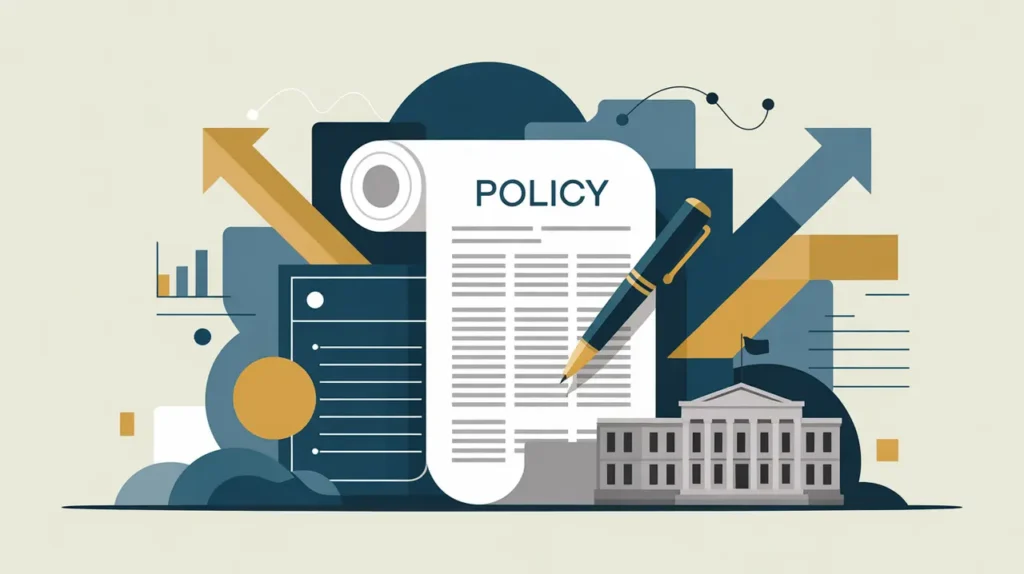Importance of Public Sector Reform
Public sector reform is essential for improving the efficiency, accountability, and responsiveness of government institutions. In international development, strong public sectors are necessary to deliver services, implement policies, and manage resources in ways that foster equity and growth. For nonprofits and social innovators, public sector reform matters because it shapes the enabling environment for social change, reducing corruption, strengthening trust, and improving the quality of governance. Its importance lies in aligning state institutions with the needs of citizens.
Definition and Features
Public sector reform refers to efforts to improve the structures, processes, and performance of government institutions and services. Its defining features include:
- Institutional Strengthening: building capacity for effective policy and service delivery.
- Transparency and Accountability: reducing corruption and ensuring responsible use of resources.
- Efficiency and Effectiveness: modernizing systems to improve outcomes at lower costs.
- Citizen-Centered Approaches: ensuring services reflect and respond to public needs.
How this Works in Practice
In practice, public sector reform may include civil service reform, decentralization, digital governance, and regulatory improvements. For example, governments may streamline tax collection, adopt e-governance tools, or strengthen oversight bodies. International donors often support reforms through technical assistance, funding, and knowledge exchange. Challenges include resistance from entrenched interests, weak institutional capacity, and limited citizen engagement in reform processes.
Implications for Social Innovation
Public sector reform has significant implications for social innovation because it determines whether governments can partner with communities and organizations to scale impact. Innovations such as open data systems, citizen monitoring platforms, and performance-based budgeting expand accountability and responsiveness. For proximate actors, effective reforms ensure better services and greater trust in governance. Public sector reform is essential for building institutions that are inclusive, transparent, and capable of driving sustainable development.







